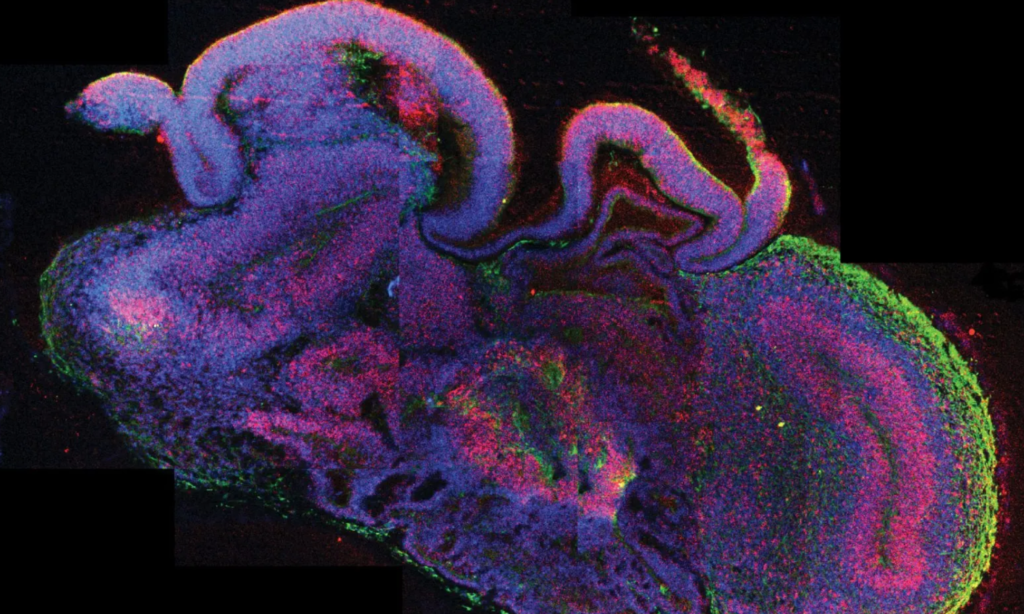Scientists Warn Human ‘Mini-Brains’ Created From Stem Cells in Lab May Be Sentient, Able to Feel Pain

Researchers are warning that neuroscientists may have crossed ethical boundaries by growing lumps of human brain in a lab — and in some cases transplanting the tissue into animals — which may be sentient and able to feel pain.
The small pea-sized “mini-brains” or brain “organoids” created by scientists are masses of tissue made from stem cells, which reportedly have developed brain waves.
The controversial work with organoids, which is being carried out by Green Neuroscience Lab, is being used to study neuroactivity, and has been used to investigate disorders and disease, such as schizophrenia and autism. However, the work is now being called into question because researchers say that the created organoids may be conscious and able to feel pain.
“If there’s even a possibility of the organoid being sentient, we could be crossing that line,” Elan Ohayon, the director of Green Neuroscience Laboratory stated in an interview with The Guardian. “We don’t want people doing research where there is potential for something to suffer,” he added.
“We’re already seeing activity in organoids that is reminiscent of biological activity in developing animals,” he also noted.
“Ohayon wants funding agencies to freeze all research that aims to put human brain organoids into animals, along with other work where there is an reasonable chance of organoids becoming sentient,” according to The Guardian report.
Ohayon has reportedly developed computer models that he believes will help identify when sentience arises. However, Ohayon has stated that there is an “urgent need” for further research in this area.
Earlier this year, scientists in the UK grew a mini-brain, which was said to be “roughly analogous in complexity to a human foetal brain at 12 to 13 weeks,” that “spontaneously connected itself” to a nearby spinal cord and muscle tissue during the experiment.
Several months later, in a separate experiment, researchers detected electrical activity in organoids that looked “startlingly similar to human brain waves,” resembling the brain activity of premature babies.
The call to define “sentience” and to establish ethical guidelines is growing among scientists.
Become a Christian News Network Supporter…







Comments are closed.